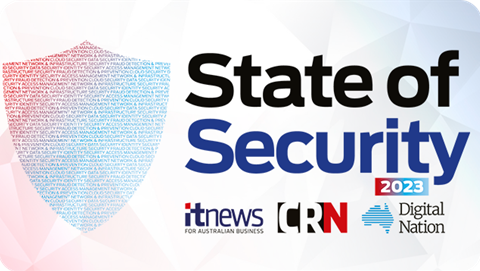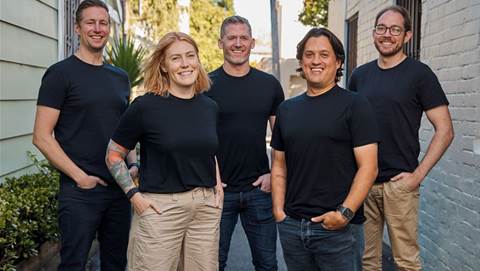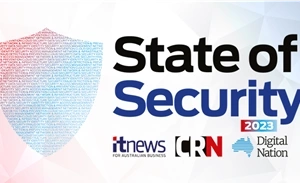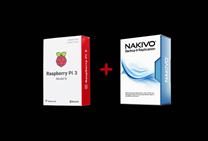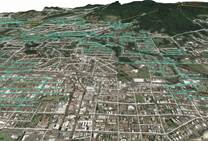The COVID-19 pandemic has accelerated a decade's worth of digital transformation into 18 months for the education sector.
Digital Nation spoke to David Caspari, CEO of Janison Education Group who discusses the benefits of this transformation for students and for teachers as well as how educational continuity is the biggest focus going forward.
“We're in the business of solving a critical issue that all educational institutions governments and schools need, which is the taking of traditional assessments online, and digital,” Caspari says.
He believes that the area is ripe for transformation, being occupied by a generation of digital natives who are familiar with the technologies.
Caspari says that technologies like AI can free up time for teachers, and better learning outcomes for students.
“I talk to teachers and it's a 24-hour profession, that is not sustainable and technology can help them.”
“Artificial intelligence and our various other technologies can auto mark, can report and analyse on the assessments, all of these things save time for teachers that can be far better used, helping their students and driving teaching and learning outcomes,” says Janison.
While so much of the teaching and learning experience has transitioned to digital, assessments are the final hurdle. Janison is working to both digitise and modernise assessments.
“An assessment is about really trying to engage a student, and to get the most out of them. And pen and paper is a very one dimensional way of doing that.”
While the digital transformation of education has delivered many benefits, its not free from challenge, including digital fatigue from too much screen-time and missing the benefits of in person contact. Caspari says you need both to reap the most reward.
“It's much harder for children in primary school, in particular, kids that age 3, 4, and 5. While they're digital natives, they're also distracted digital natives. And being able to be able to sustain engagement in a digital environment is going to be an ongoing challenge.”
“You've also got to recognise that human interactions cannot be entirely replaced by a digital environment. Yes, you can collaborate, yes, you can communicate, but the human connection can't be replaced.”
Caspari believes that changes undergone during the pandemic are permanent, and that the future of education is hybrid.
“There's no other choice but to face into the reality that education is going to be hybrid. And if implemented effectively, you will provide better, more authentic, more engaging, more collaborative experiences for learners,” he says.
